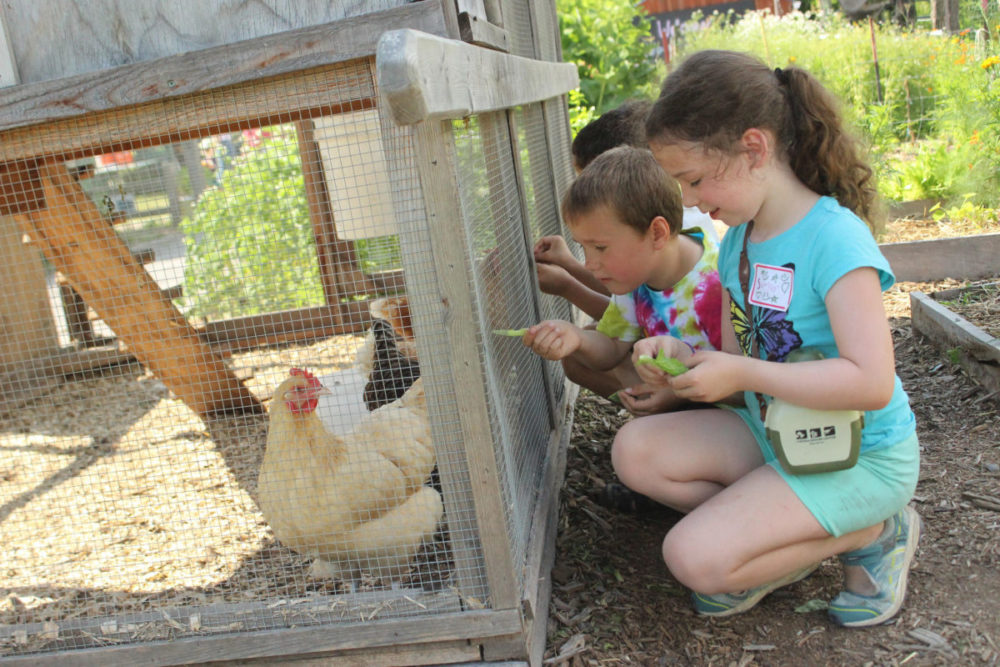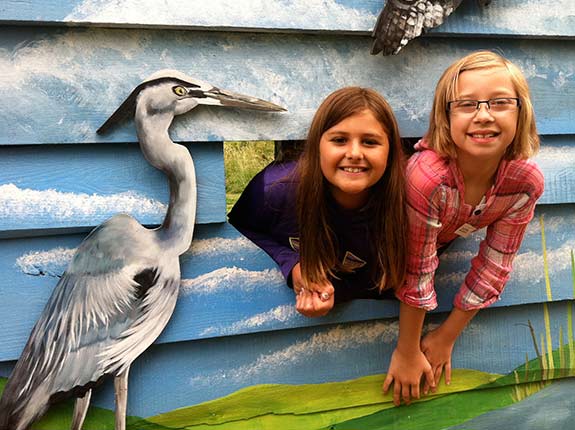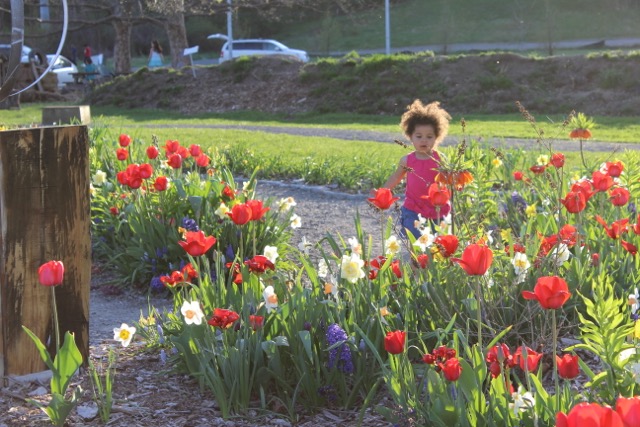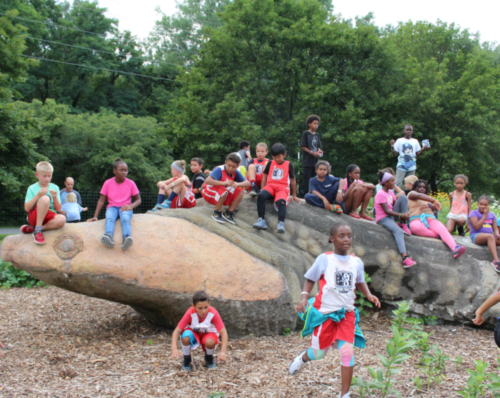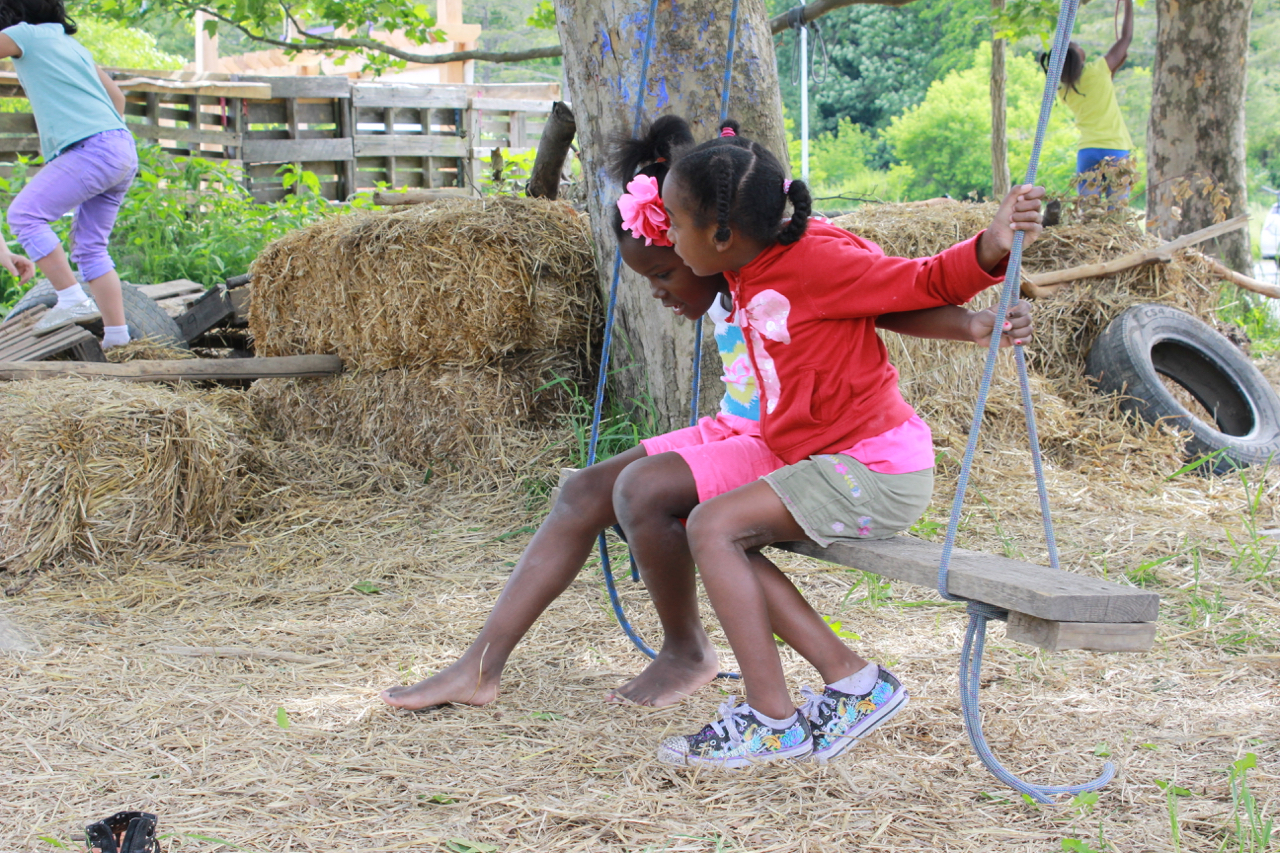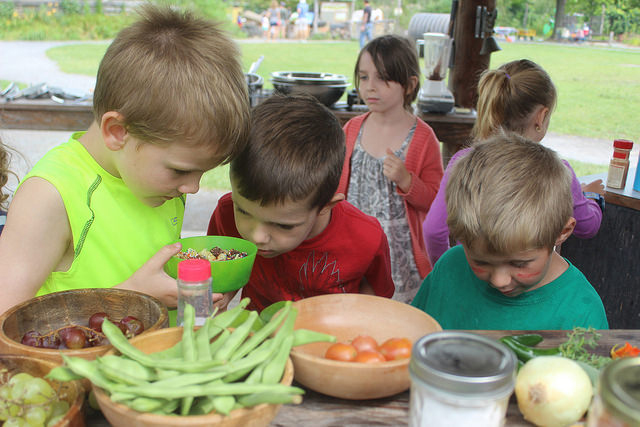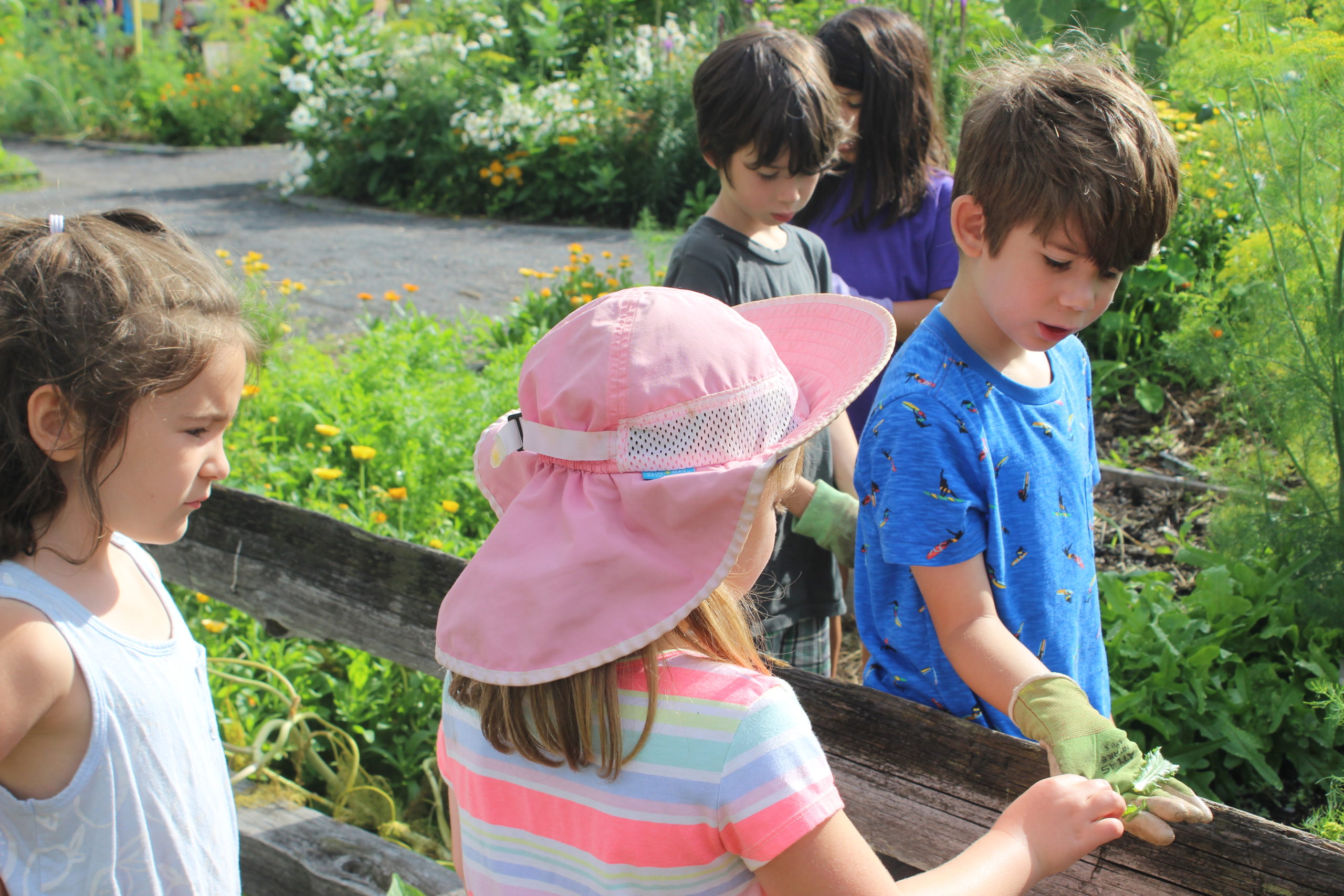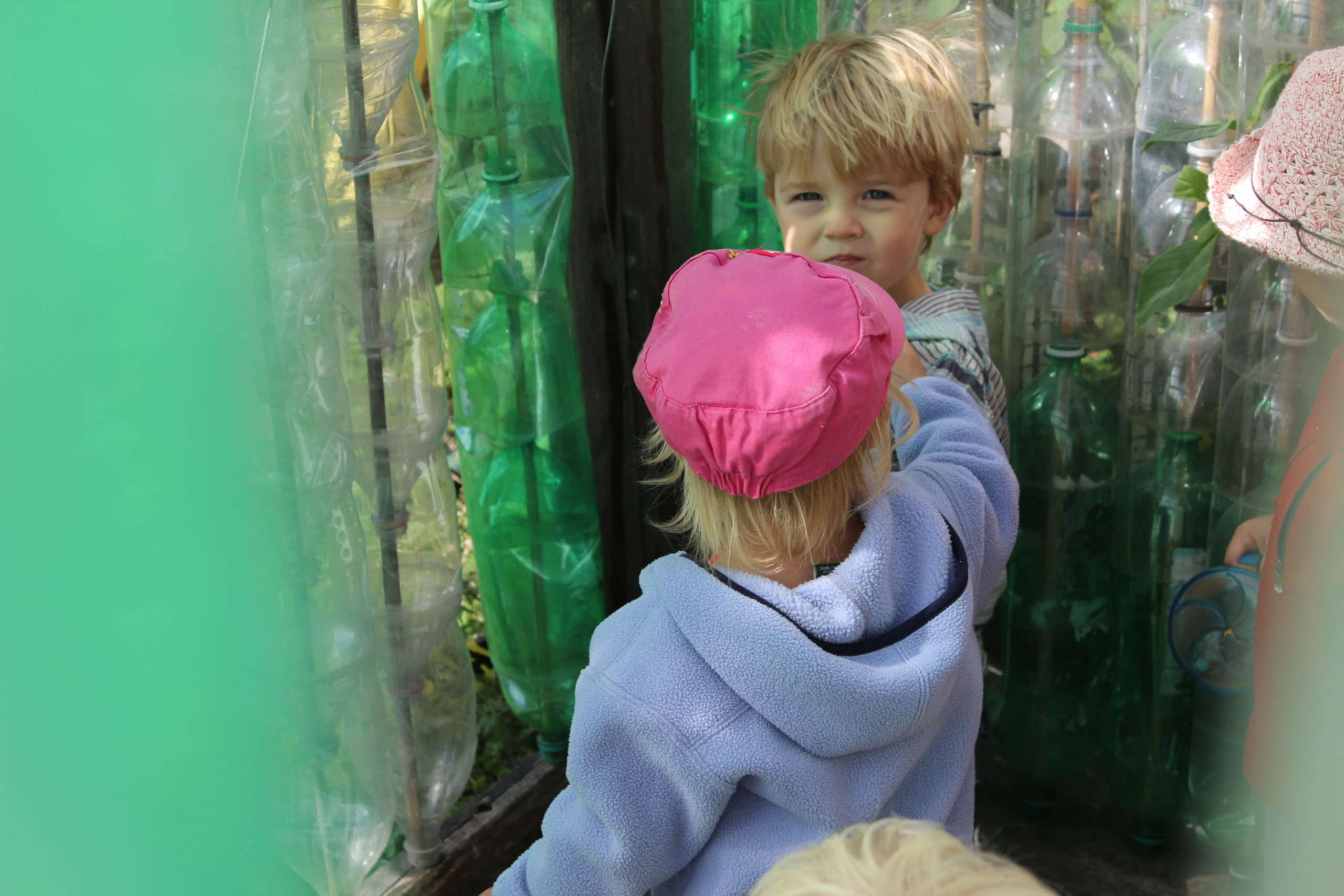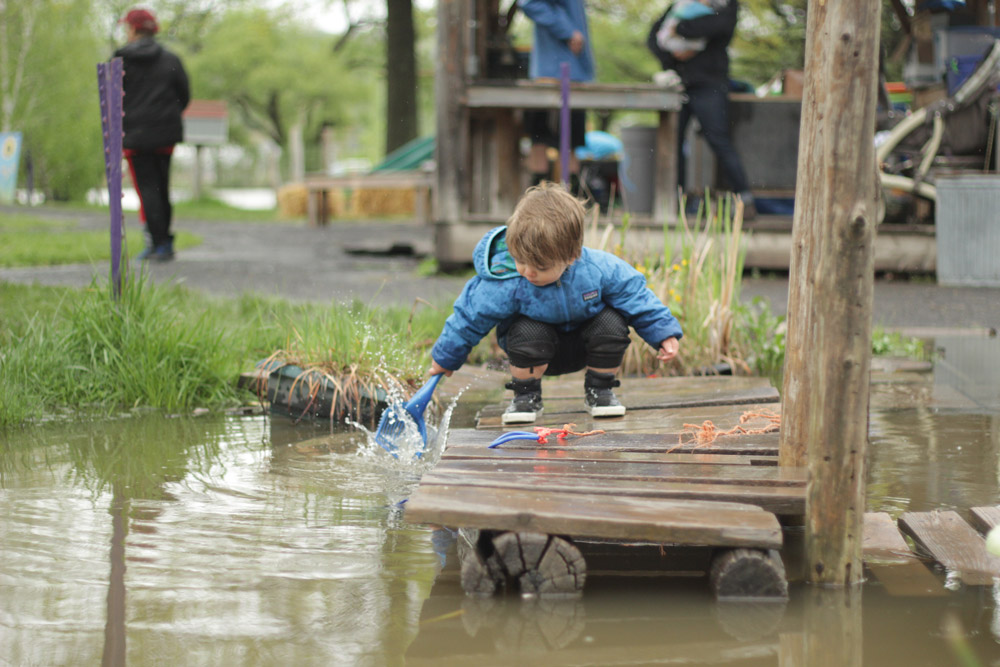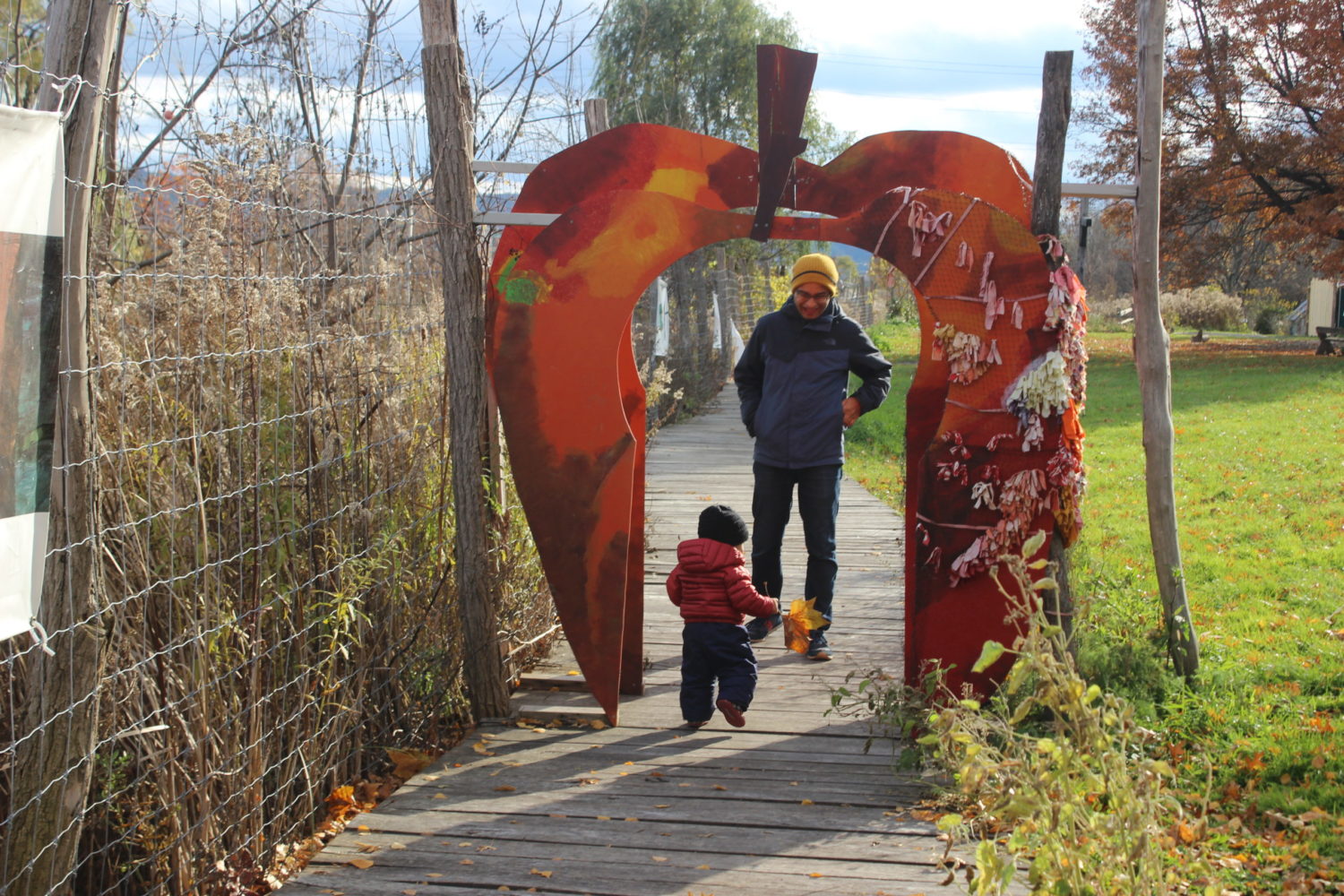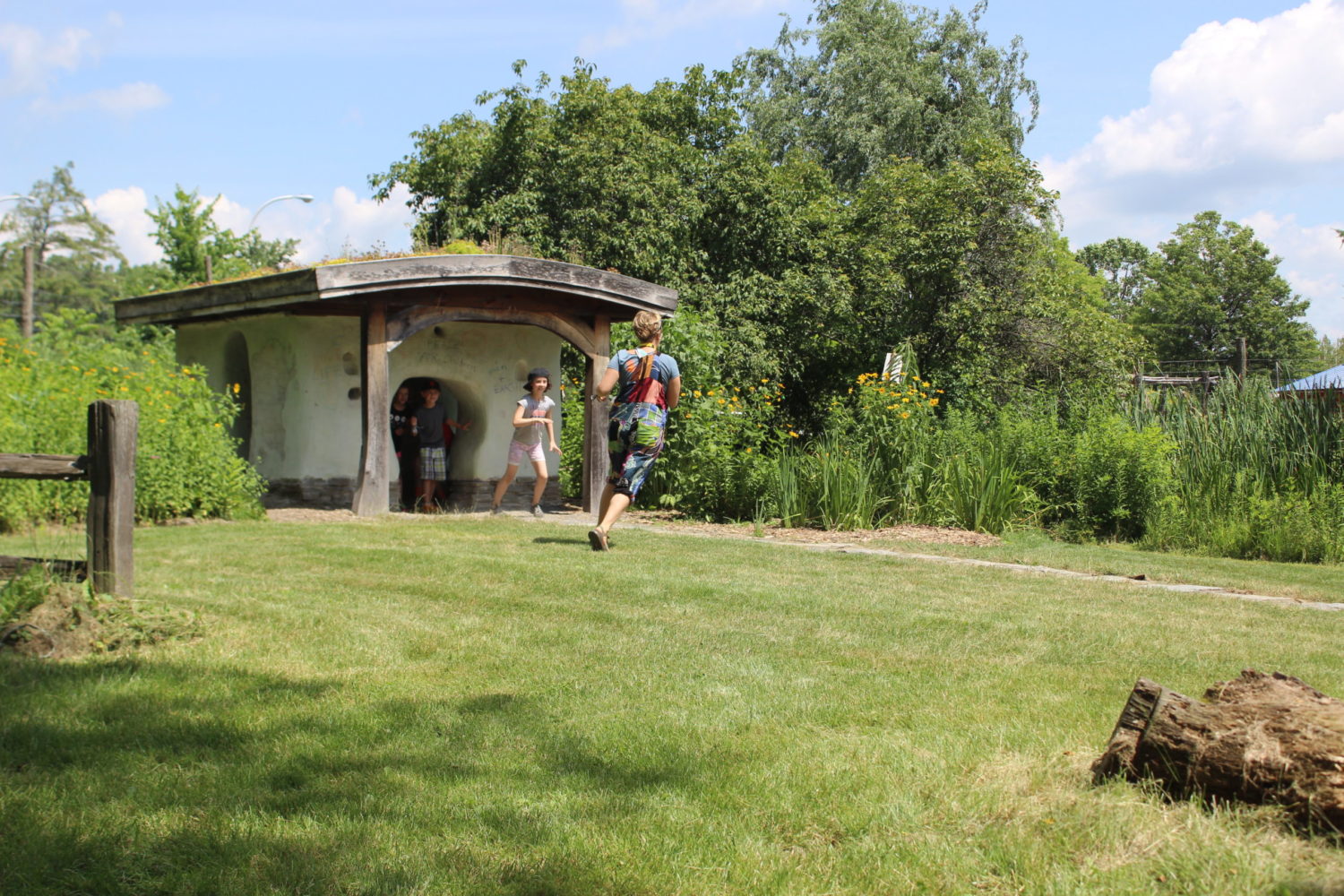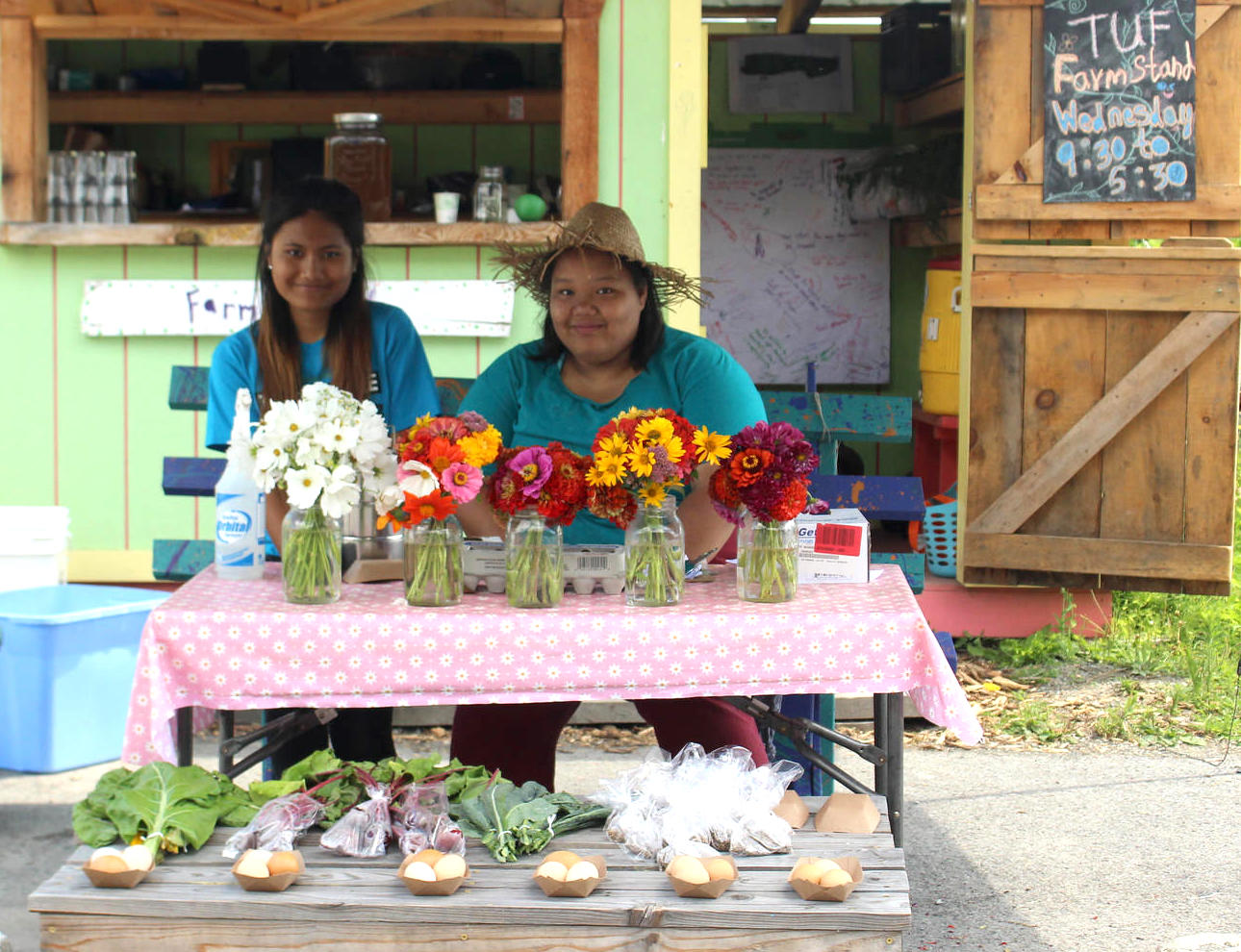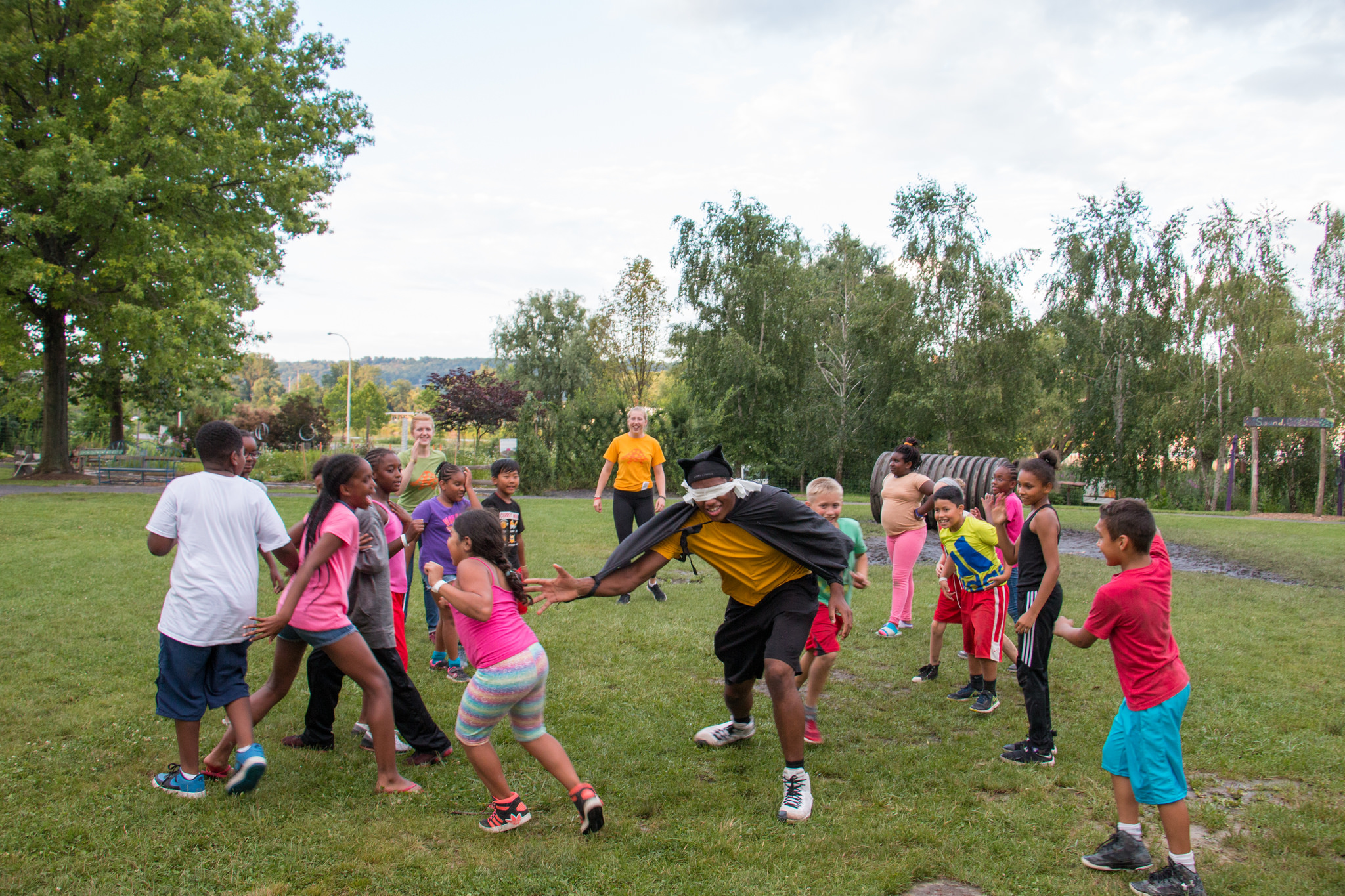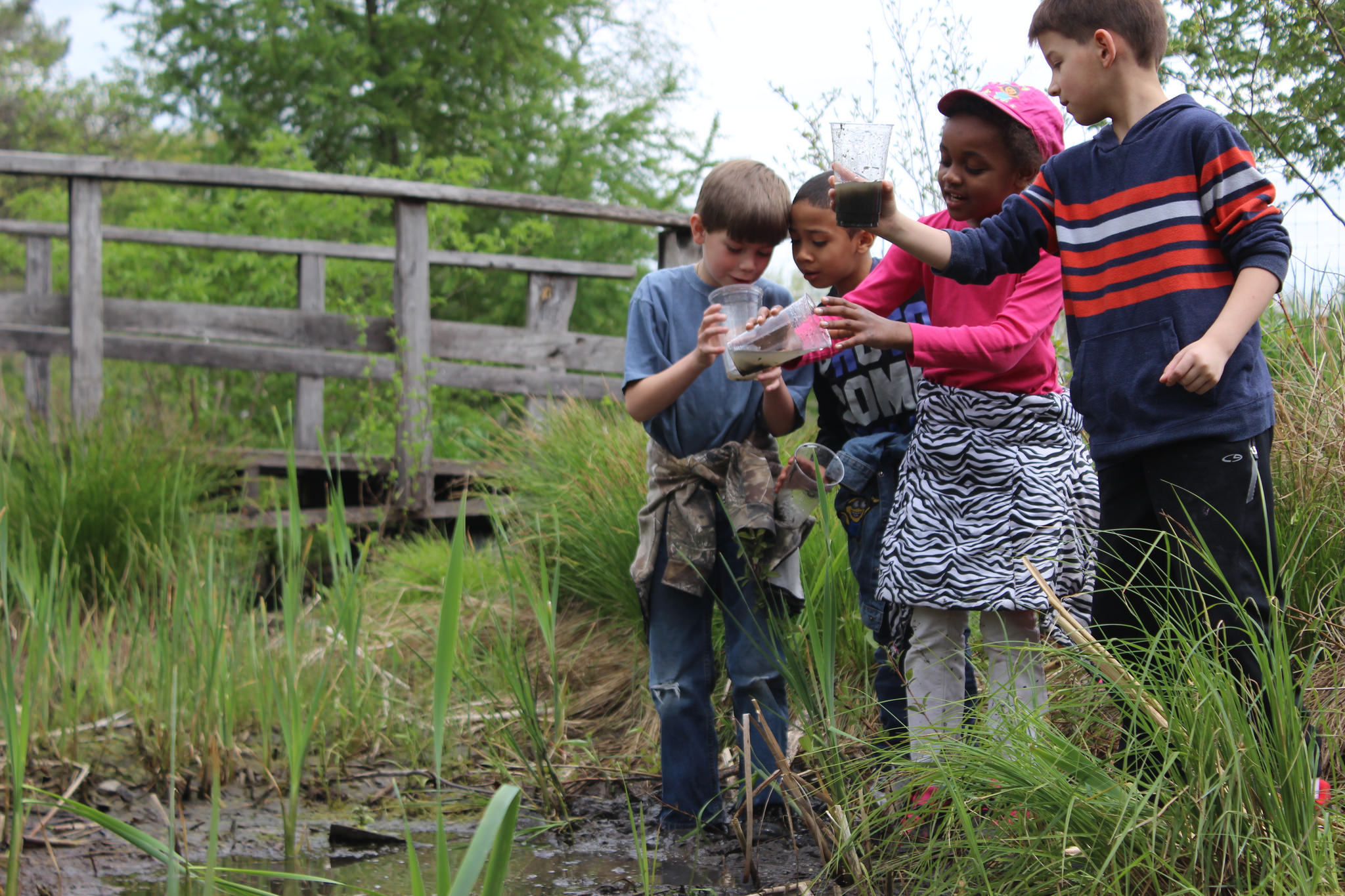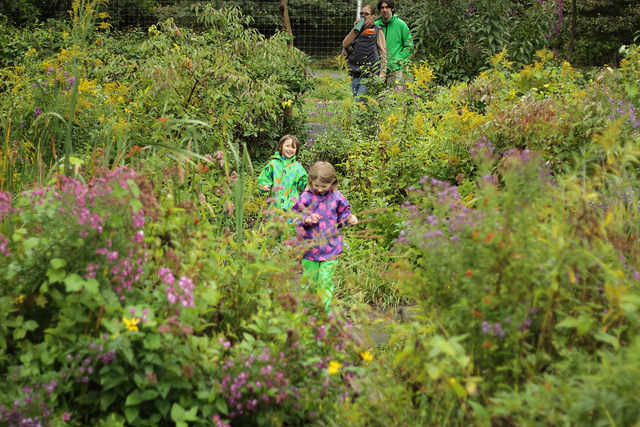ICG has always seen outdoor immersion and adventure play as highly valuable. Researchers, childhood development experts, psychologists, educational professionals, and social activists are beginning to realize it too. Check out some of the empirical evidence supporting the benefits of unstructured play and outdoor time.
The Importance of Play in Nature for Learning in Early Childhood
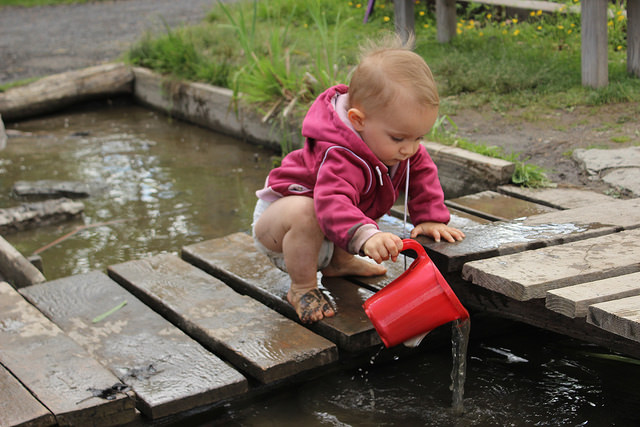
This NPR Ed article focuses on why people play and how playing influences their learning, especially at young ages. Bonus: it mentions ICG’s Hands On Nature Anarchy Zone!
Susan Engel uses her article “Playing to Learn” to identify ways in which the American education system is misaligned with scientific findings about how children learn best.
Children today are getting less outdoor play time than ever. This CBS news article explores how this lack of play is manifesting itself in children’s reduced problem-solving and decision-making skills.
The article “Look Don’t Touch” explores how well-meaning environmental education is creating barriers to true connection, and later stewardship, of nature for children. Letting curiosity and exploration naturally direct a child’s discovery of nature is an important tenet of ICG’s approach to environmental education.
It’s only natural for parents to want to keep their children safe but is it possible that children are being adversely affected by the removal of risk from their lives? This and other questions are explored in this article highlighting the benefits of adventure play.
The Importance of Play in Nature for Cognitive Development
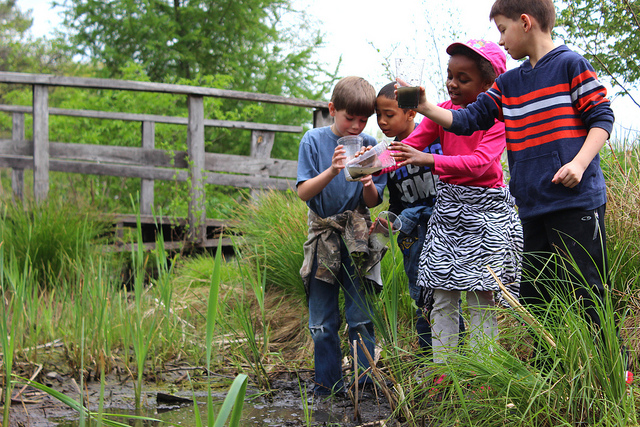
The neuroscience behind play is explored in this NPR segment. The science behind play finds that children may need it just as much, if not more, than time in the classroom to develop successfully and happily.
While the Smithsonian featured ICG in it’s new Garden Locator, it has supported nature play for a long time. In this piece from 2012, the cognitive power of children using their imagination is explored.
While mainstream society often looks down on ‘risky’ play, The Star acknowledges the importance of adventure play and letting children play the way that is natural in this article, “Risky Play and Skinned Knees are Key to Healthy Child Development.”
The Importance of Play in Nature for Wellbeing
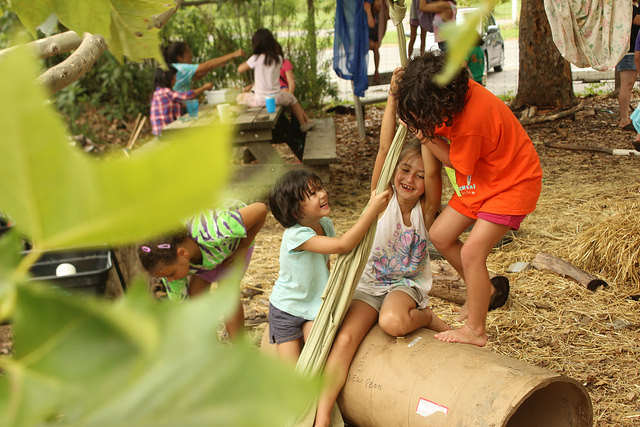
David Bond created Project Wild Thing in 2014 a way to “market nature” to a screen-obsessed populous. Read more about this project and the staggering statistics that drove him to create it.
This cross sectional survey conducted in Australia finds an undeniable link between time spent outdoors and independent physical mobility in young children, supporting the concept that giving children the freedom to play outdoors generates good habits and greater independence.
Compelling research in the Sociology of Health and Illness Journal examines the emergence of play as a valid health care practice in Canada.
The Importance of Play in Nature for Communities
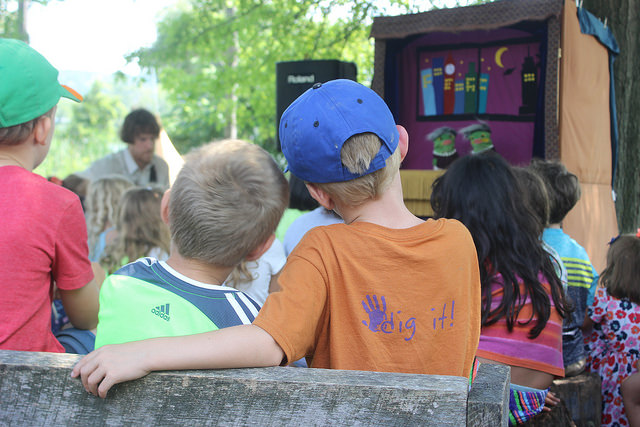
The National Recreation and Parks Association conducted a research series that determined parks and green spaces were essential for healthy and happy communities. Read more about their findings here.
Too often, children are encouraged to spend time outside but discouraged from truly interacting with nature, creating a barrier between them and their natural environment. This article explores that idea and the importance of removing that barrier to foster environmental stewardship in future generations.
The Importance of Play in Nature for Parents
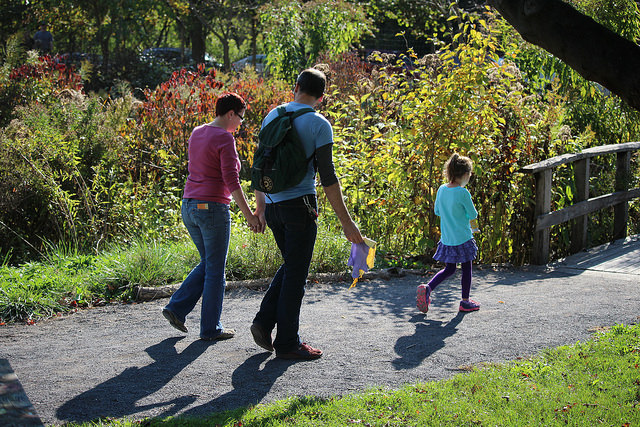
You may think play is great for your child, but did you know that you could stand to benefit from it as well. Check out the argument from Sami Yenigun from NPR that recess shouldn’t end just because you’ve “grown up.”
The Historical Importance of Play in Nature
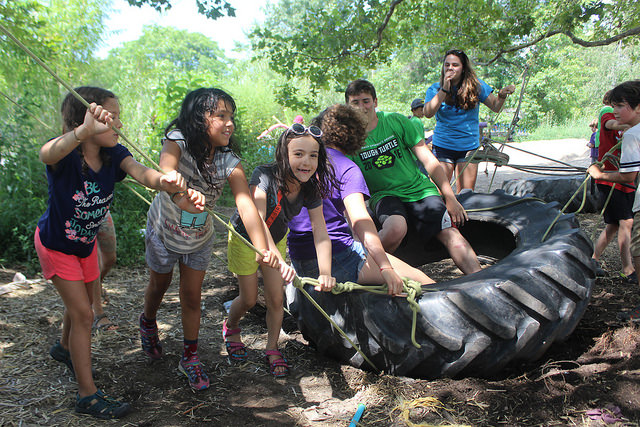
This 2 minute video explores an early adventure play space created by children and for children in England way back in 1967. Children’s natural preference for adventure is not a new phenomenon
When Hanna Rosin, who writes about the plight of the ‘overprotected’ child is interviewed about her stance on adventure play, she covers all the bases from the beginning of adventure play in England and Scandinavia to the current state of play in the U.S.
The Status of Play
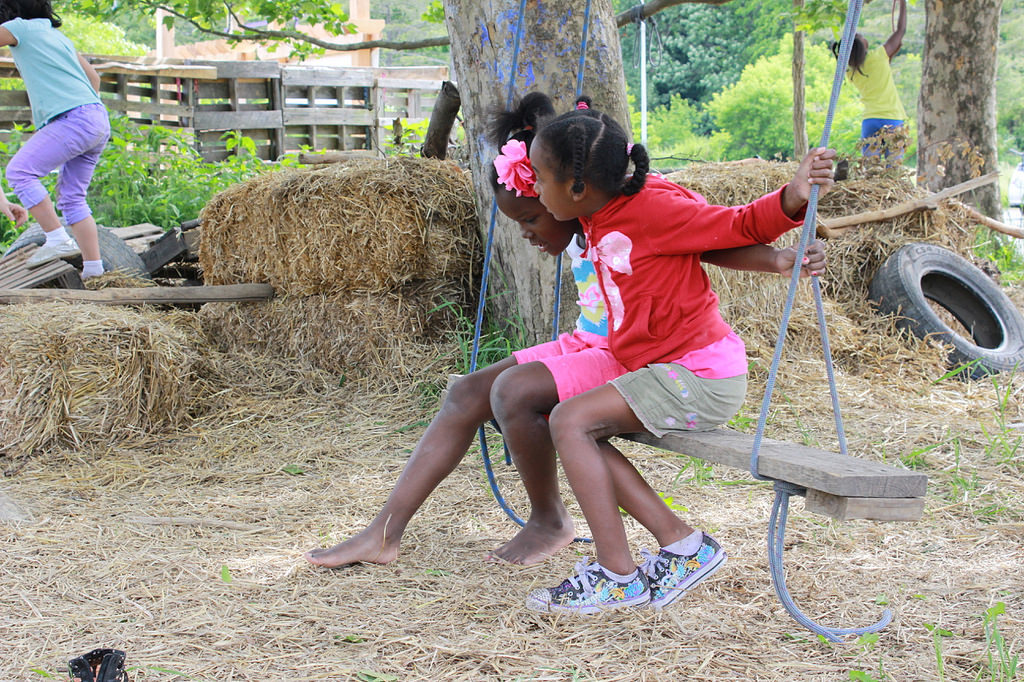
Curious about how the mission of play is spreading? The ParticipACTION Report Card on Physical Activity for Children and Youth grades society on different metrics relating to outdoor and adventure play. See both the 2015 report card and 2018 report card here.


